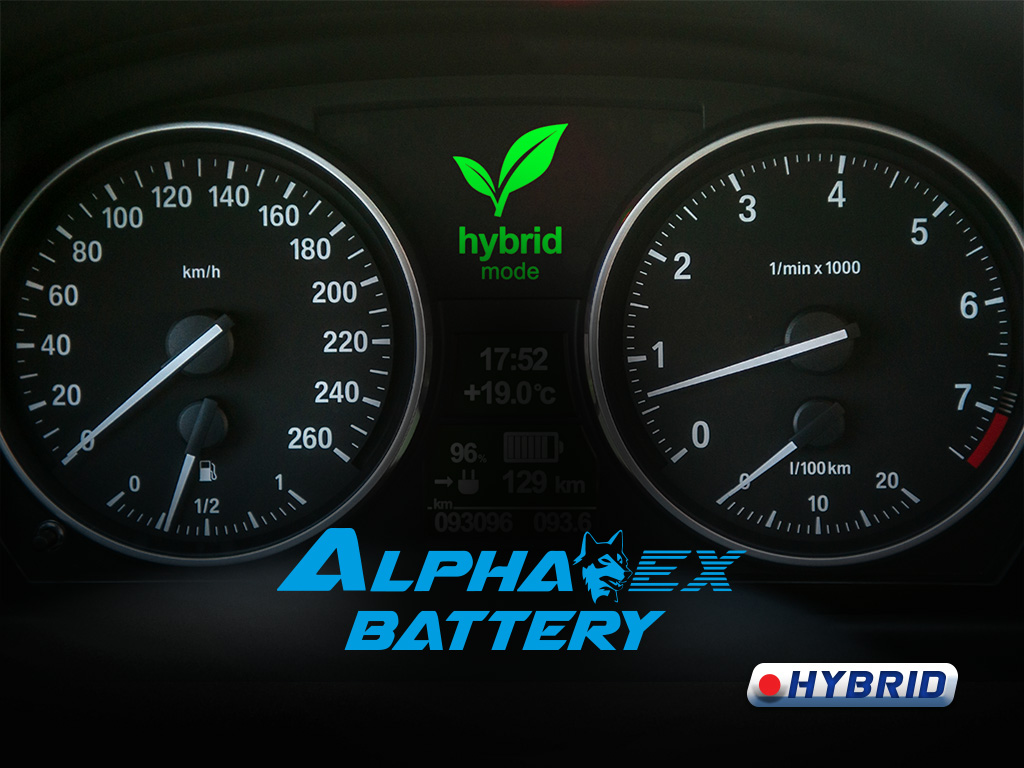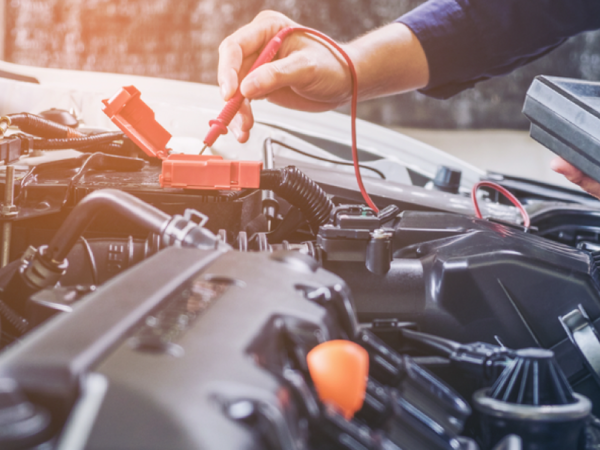As our world becomes increasingly reliant on battery-powered devices and electric vehicles (EVs), the demand for more efficient and sustainable battery technologies continues to grow. Innovations in battery technology have the potential to revolutionize various industries and significantly reduce greenhouse gas emissions. However, to truly understand the environmental impact of these new battery technologies, we must consider their entire life cycle, from raw material extraction to end-of-life recycling. In this blog post, we will delve into the environmental implications of emerging battery technologies and explore the efforts being made to create more eco-friendly energy storage solutions.
The Current State of Batteries and Their Environmental Challenges
Traditional battery technologies, such as lithium-ion batteries, have been widely adopted due to their high energy density and reliability. Nonetheless, they are not without environmental challenges. These issues primarily arise from the mining and processing of raw materials, which can lead to habitat destruction, water pollution, and carbon emissions. Additionally, improper disposal and recycling practices can cause further harm to the environment.
Lithium-Ion Alternatives: Solid-State Batteries
Solid-state batteries are one of the most promising alternatives to conventional lithium-ion batteries. These batteries use solid electrolytes, which enhance safety and eliminate the need for flammable liquid electrolytes. Solid-state batteries also have the potential for higher energy density, longer lifespan, and faster charging times. Their reduced reliance on critical raw materials like cobalt and nickel can mitigate some of the environmental impacts associated with battery production.
Sodium-Ion Batteries: A Sustainable Option
Sodium-ion batteries have been gaining attention as a more sustainable alternative. They use sodium as the charge carrier instead of lithium, making sodium-ion batteries more abundant and cost-effective. Sodium is widely available, and its extraction has a lower environmental impact compared to lithium. Although sodium-ion batteries currently have lower energy density and efficiency than lithium-ion batteries, ongoing research aims to improve their performance.
Flow Batteries: The Promise of Longevity
Flow batteries have the advantage of decoupling power and energy, making them ideal for grid-scale energy storage. They store energy in liquid electrolytes contained in large tanks, allowing for flexible capacity adjustments. The use of abundant and non-toxic materials in flow batteries, such as zinc-bromine or iron-chromium, makes them environmentally friendlier. Additionally, these batteries can have an extended lifespan, reducing the frequency of replacements and overall environmental impact.
Environmental Concerns in Battery Manufacturing
While new battery technologies offer promising solutions, their mass adoption raises concerns about sustainable manufacturing practices. The production processes need to be optimized to minimize energy consumption and waste generation. Companies are exploring environmentally responsible approaches, such as using renewable energy sources for manufacturing and implementing closed-loop recycling systems.
Recycling and End-of-Life Management
To minimize the environmental impact of battery technologies, efficient recycling and end-of-life management systems are crucial. Developing recycling techniques that recover valuable materials like lithium, cobalt, and nickel will reduce the need for new mining activities. Governments and industries need to collaborate to establish comprehensive recycling infrastructures and promote consumer awareness of proper disposal methods.
Conclusion
The evolution of battery technologies is undoubtedly a critical step towards a greener and more sustainable future. As we explore new possibilities, it is essential to assess their environmental impact throughout their entire life cycle. By embracing innovative alternatives and adopting responsible manufacturing and recycling practices, we can ensure that new battery technologies play a vital role in mitigating climate change and promoting a cleaner planet for generations to come. As consumers, supporting eco-friendly battery solutions and demanding responsible practices from manufacturers will further drive the transition to a more sustainable energy landscape.



